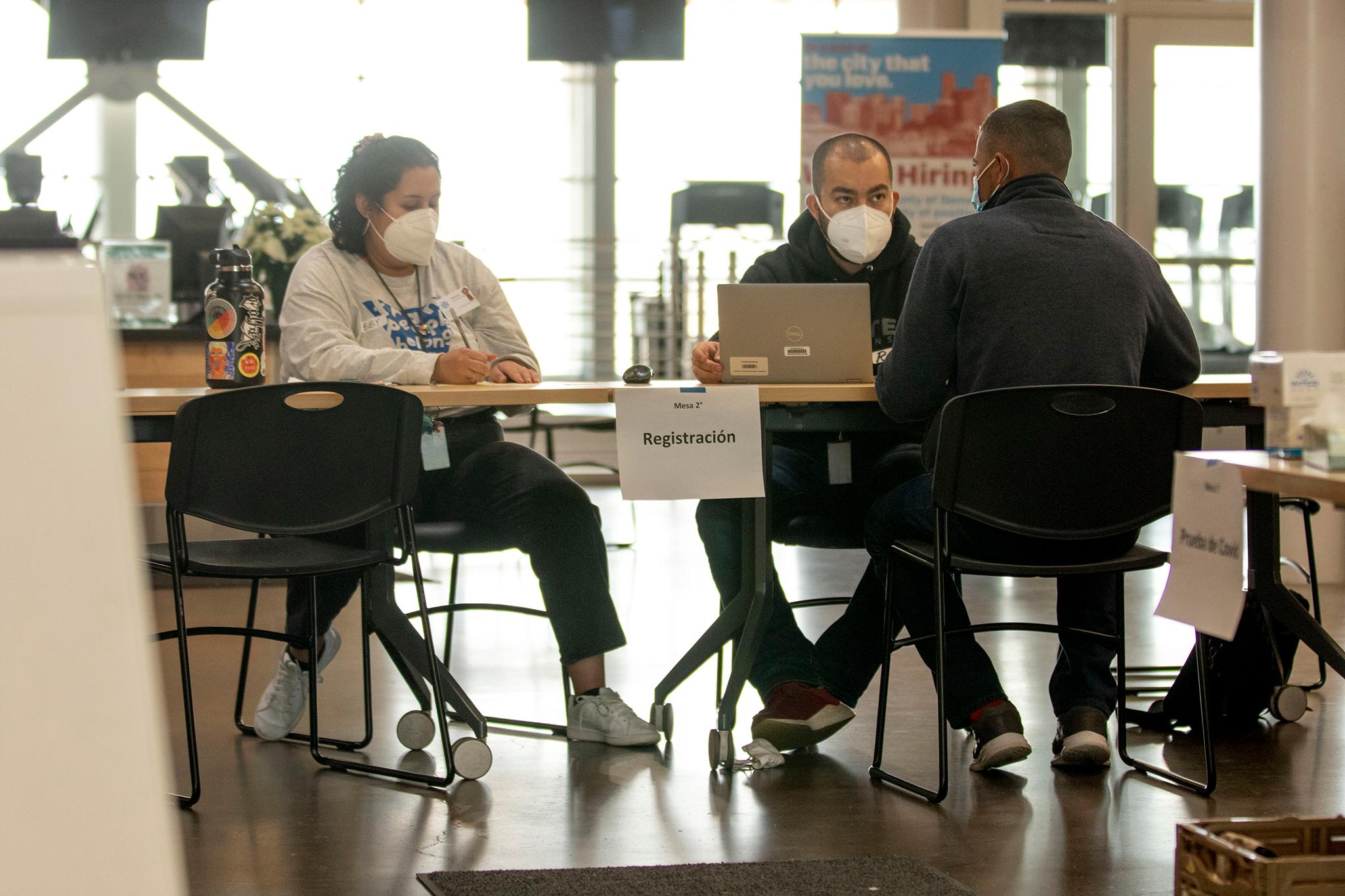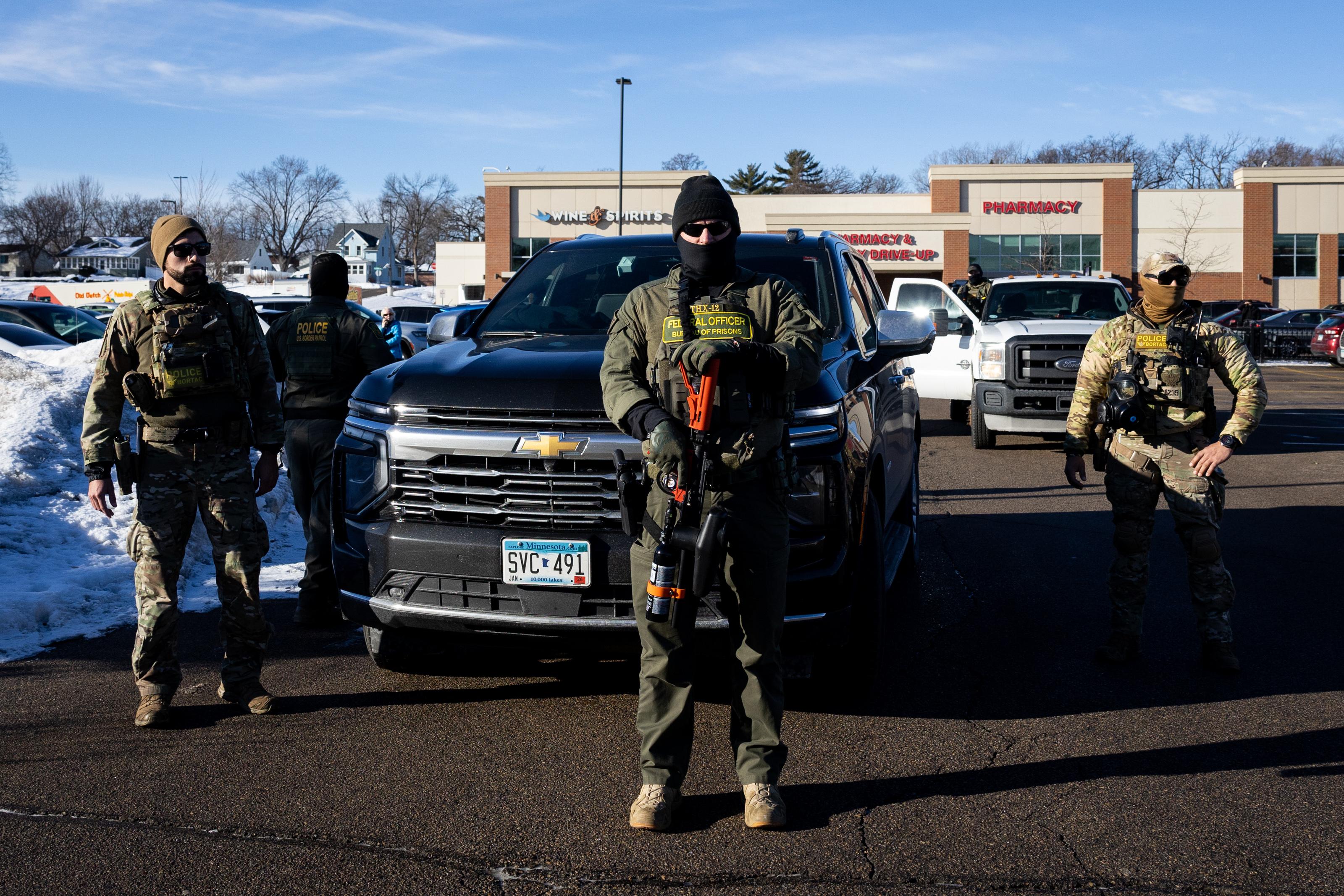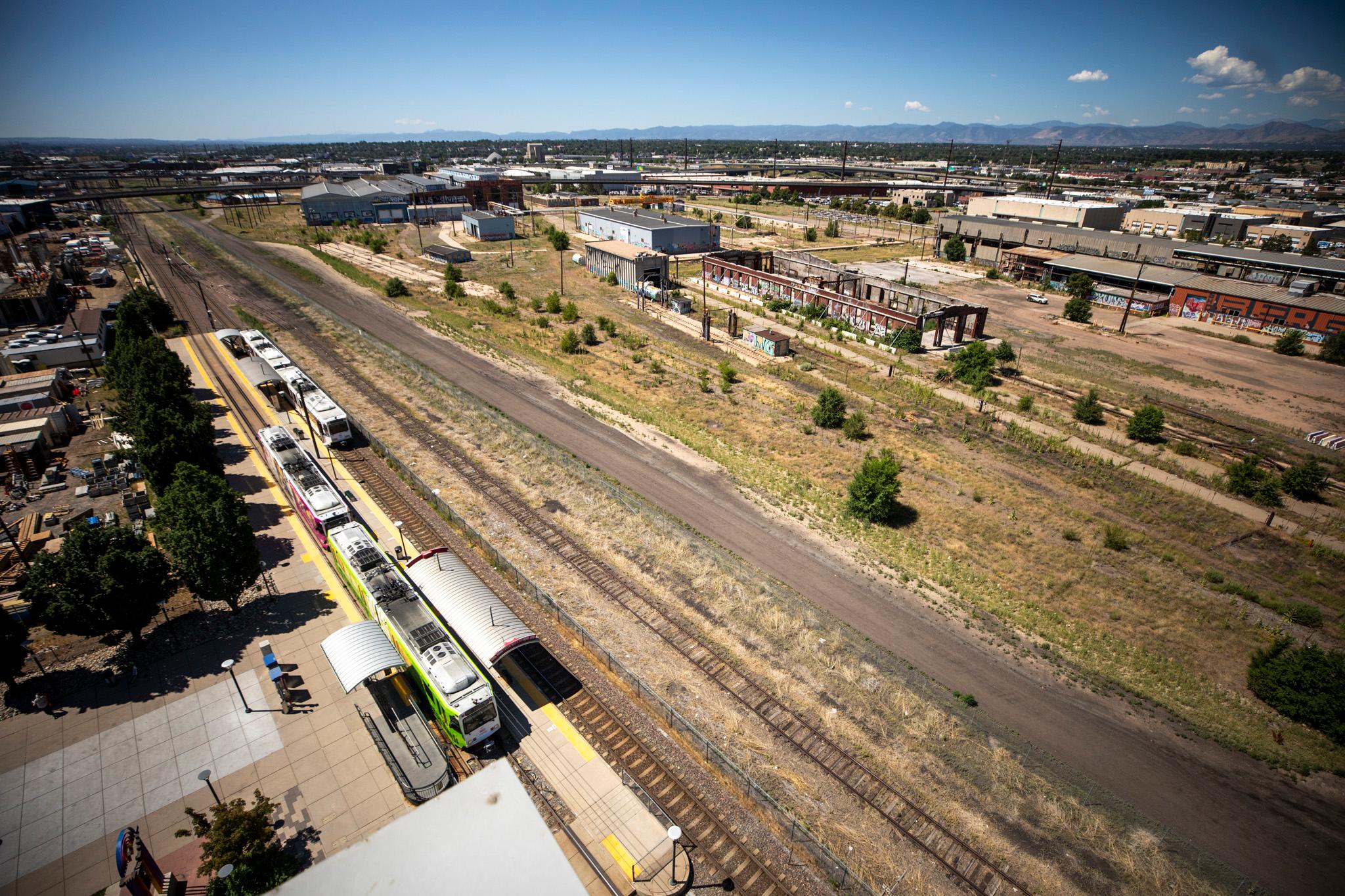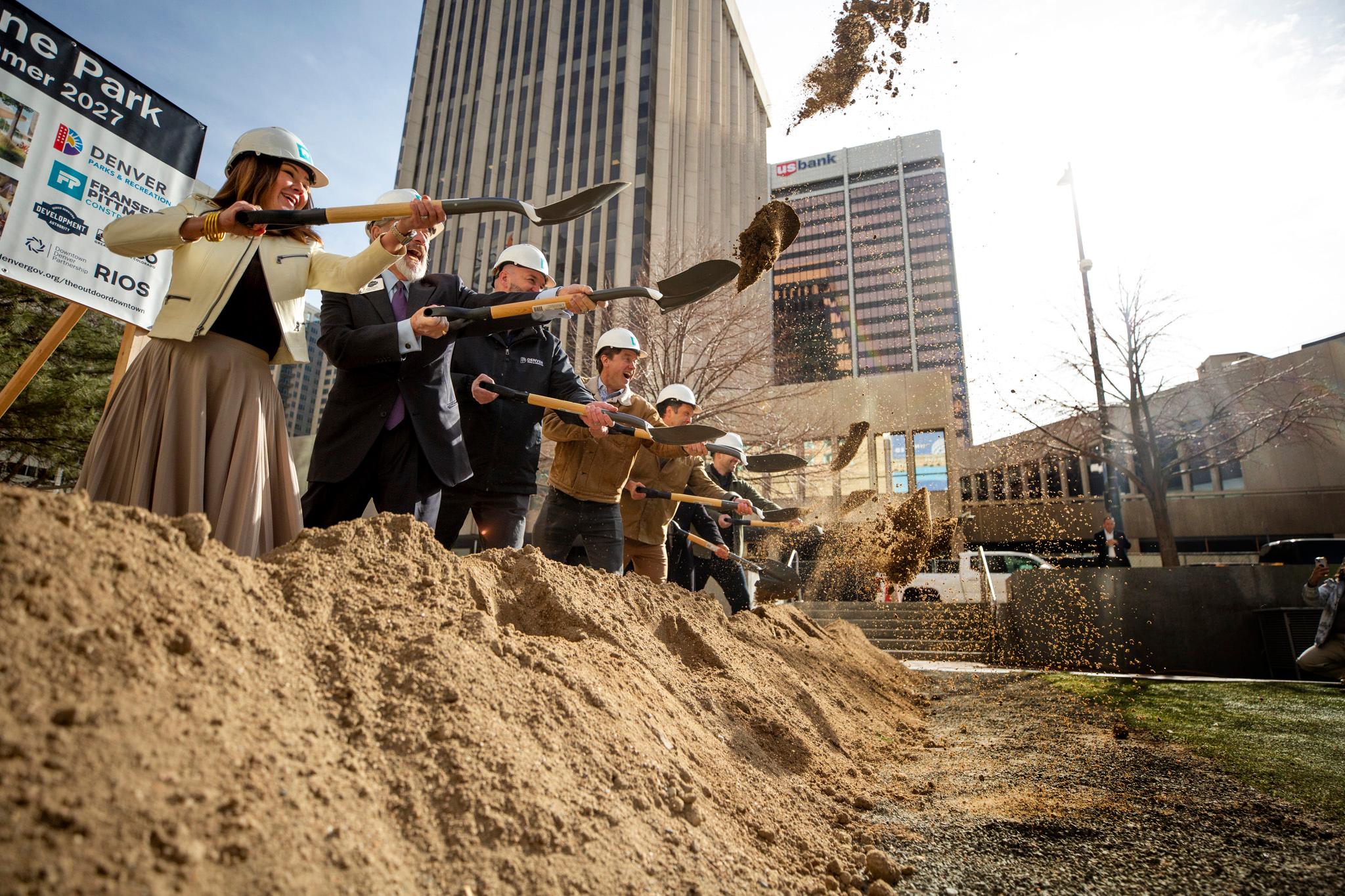Denver had received around 20 to 30 migrants on a daily basis from the border through March and April of this year, according to city data.
But since Friday of last week, more than 200 new people have been arriving per day in the city. On Monday alone, 286 people arrived.
With more people likely on the way in the coming days, Denver officials say they need help from nonprofits for shelter.
Unlike in December and early January, when Denver also saw upwards of 200 people arriving in the city, largely from Venezuela, the city is not currently operating two overnight shelters at rec centers that it set up in response to migrants' needs.
In the winter, the city quickly stood up two rec centers -- Rude and Central Park -- as overnight shelters, set up donation sites and directed staff toward supporting migrants.
But as arrival numbers dropped to double- and single-digits by February, Mayor Michael Hancock directed the city to decommission those sites and shelter smaller numbers of people with the help of private partners.
But with arrival numbers quickly rising, city officials are calling for backup.
"There are currently more than 800 people in four migrant shelters operating in Denver," wrote Denver Public Information staff in a statement Monday. "As the shelters are at near-capacity, the city is calling on other partners to provide additional support. The city is specifically requesting the faith-based community to provide overnight sheltering for migrant guests who are scheduled to leave Denver the next day."
Denver Department of Human Services spokesperson Victoria Aguilar said the city's welcome center, where migrants can find some guidance on how to get to their destination, is still open, and that Denver is supporting migrants at both city-owned and partner facilities.
Driving the new arrivals is likely a combination of the spring weather, and the expiration of a Trump-era border policy that allowed federal agents to quickly expel migrants crossing into the U.S.
Title 42, the Trump-era COVID policy that allowed border agents to send people crossing into the U.S. back across the border before they can apply for asylum, will expire on Thursday, May 11.
Migrants are camping out in El Paso, where most migrants came from late last year and early this year, waiting for the end of Title 42 to try their hand at claiming asylum, reports nonprofit news outlet El Paso Matters.
U.S. Border Patrol agents are planning to begin an enforcement operation in El Paso today, May 9, and are urging migrants who have not been processed by federal immigration officers to do so, the outlet reports.
In addition to Title 42 expiring soon, multi-year trends show it's also not uncommon to see increased border arrivals around this time of the year.
Not being processed by immigration officials could cause roadblocks to some arriving in Denver from the border.
Starting Monday, the city is no longer sheltering migrants who have not been processed by immigration authorities.
People who enter the U.S. and encounter Department of Homeland Security (DHS) officers are given an Alien Number (A-number), which tracks their asylum case through the system. Previously, Denver served all migrants who arrived in the city, regardless of encounters with DHS. But in order to receive reimbursements from the federal government for emergency expenses, Denver must comply with federal rules which restrict support to people with A-numbers.
When city officials announced the change in April, they said they would continue to connect everyone who arrives with support services.
"The vast majority of newly arriving migrants have had documented encounters with U.S. immigration officials," wrote Denver Public Information staff Monday. "All arriving migrants, regardless of status, and those exiting emergency shelters are being provided with backpacks filled with hygiene products, transportation support should Denver not be their final destination, and access to the resources listed in the following guides."
But immigration advocates say they fear the change would lead to migrants living on the street and competing for beds in homeless shelters.
"Denver has promised to be a city that welcomes immigrants, and this policy will cause a direct negative effect to those people seeking refuge in our country," said Servicos de la Raza staff member Paola Grimaldo at City Council Monday.












